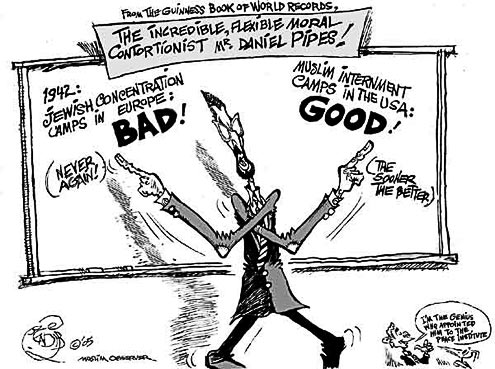Islamophobia and Tariq Ramadan
From the Morning Star, 8 January 2004
By Ken Livingstone
Last month I appointed Yasmin Qureshi as my human rights adviser, and asked her to also address the related issue of the rise in Islamophobia.
One issue that Yasmin has drawn attention to is the treatment of respected Islamic scholar Tariq Ramadan by the US authorities, after Mr Ramadan resigned his professorship at an American university following the withdrawal of his visa.
Swiss-born Professor Ramadan is one of the most respected philosophers of religion and conflict resolution. He was named by Time magazine as one of the world’s top 100 influential thinkers last year. He was described by the Christian Science Monitor’s commentator on ethics and religion, Jane Lampman, as “one of Europe’s most prominent Muslim reformers.”
Mr Ramadan spoke at City Hall last summer in favour of a woman’s right to choose to wear the Muslim headscarf, or hijab, in the light of the new French law banning conspicuous religious symbols in schools.
When the furore broke in the media last year about the visit of Sheikh Yusuf al Qaradawi to City Hall, Peter Tatchell and others condemned the conference at which he spoke on the grounds that no speaker had defended the right of women not to wear the hijab.
In fact, Tariq Ramadan said: “It is against the Islamic teaching to force a woman to wear the Hijab, because it is an act of faith.”
Despite Ramadan’s respected academic status, his American visa was revoked in July under the Patriot Act, adopted after the terrorist attacks on September 11, thus preventing him from taking up his post at the University of Notre dame in Indiana. He has so far been refused a new visa.

